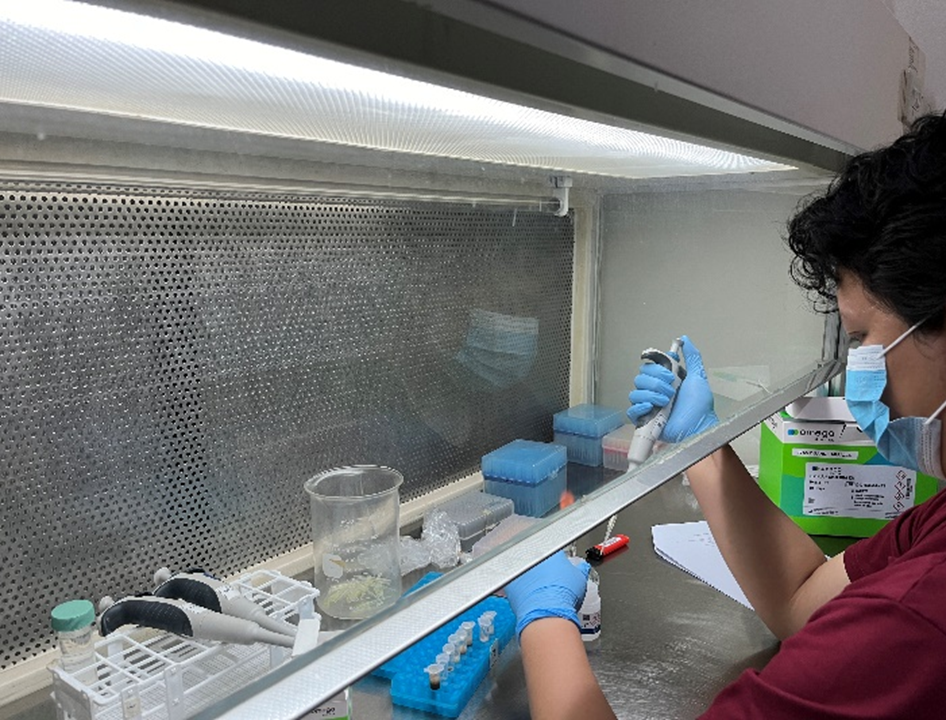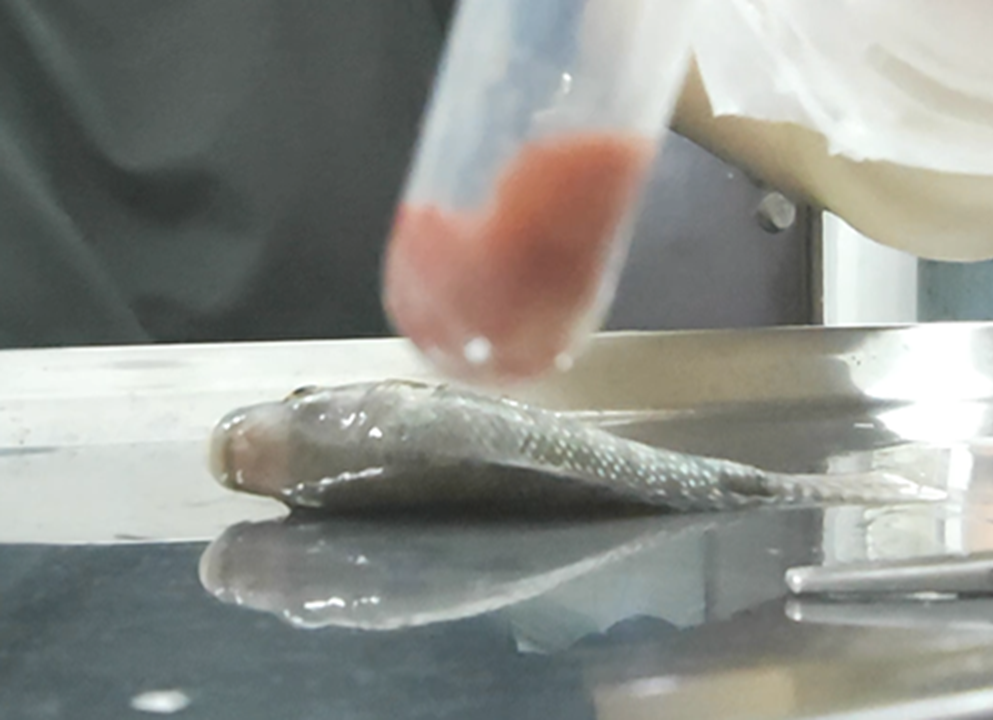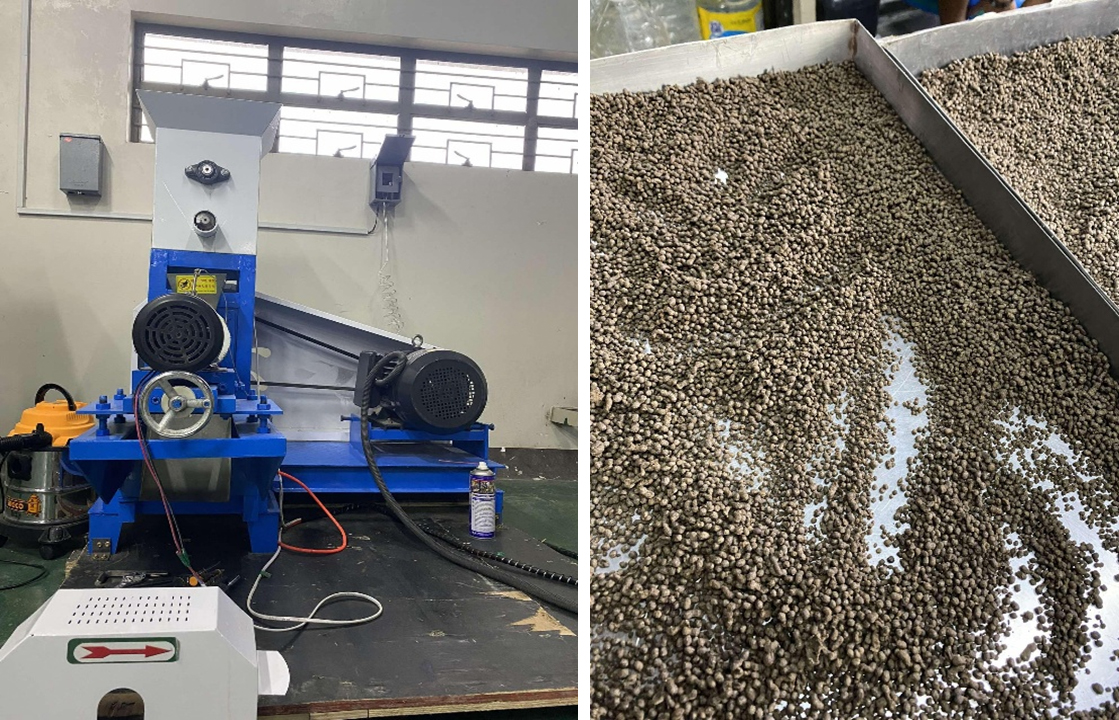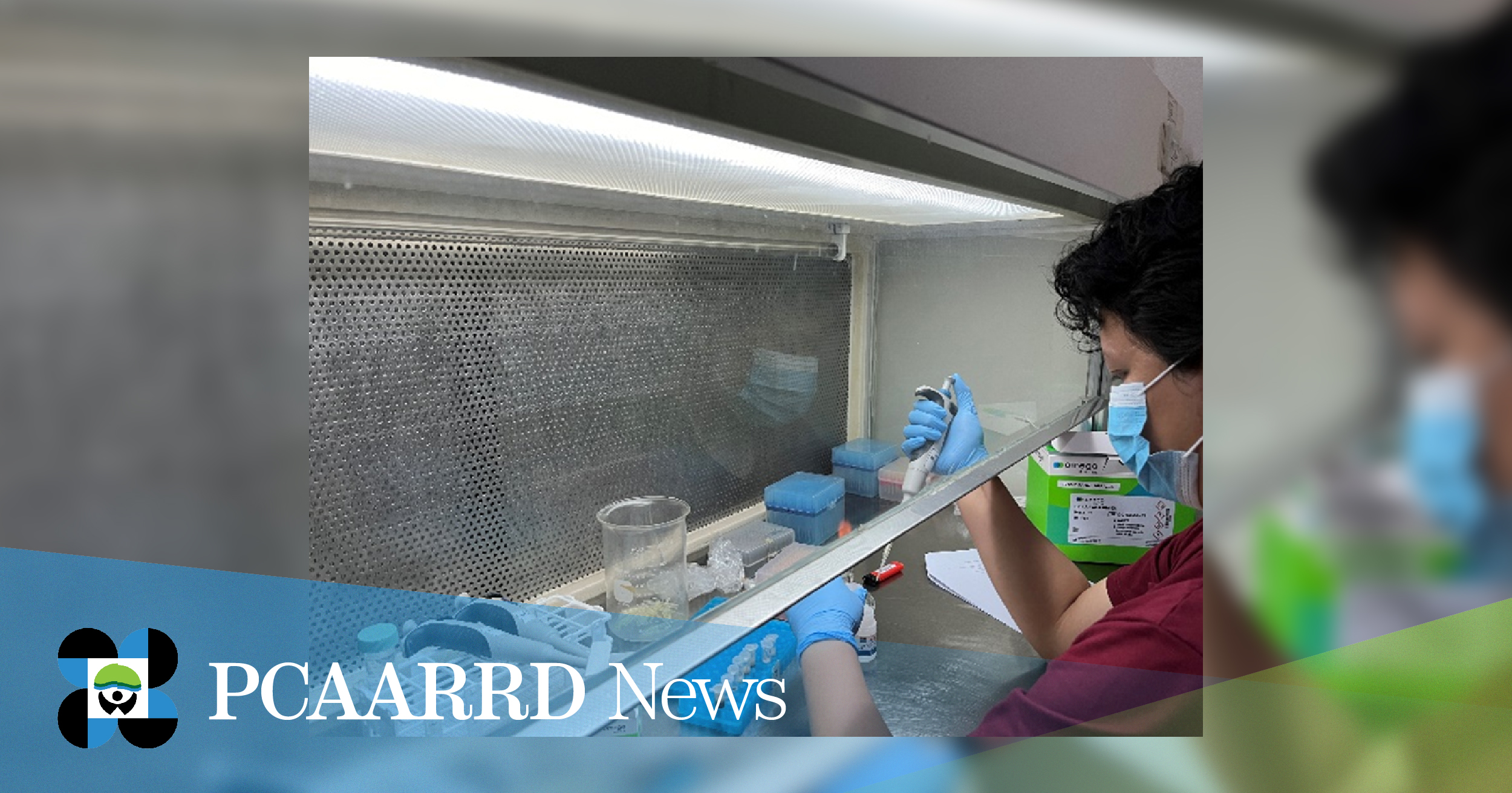A locally developed feed ingredient, Protein Enriched Copra Meal (PECM®), is creating a sustainable and affordable aquaculture production in the Philippines. Designed as an alternative to costly imported soybean meal, PECM® uses copra meal, a by-product in coconut oil production.
With the country’s abundant coconut supply, this technology can significantly lower production costs and reduce reliance on foreign feed inputs.
In the aquaculture industry, where feeds can account for up to 70% of total production expenses, finding efficient and affordable protein sources is crucial. Soybean meals, currently the dominant plant-based protein in fish diets, are mostly imported, making feed prices vulnerable to global market shifts.

PECM addresses this challenge by providing a protein-rich, locally sourced alternative that has shown to reduce feed intake while maintaining healthy fish growth.
This is being explored through the two-year project, “PECM® in Aquaculture Diets for Gut Health Modulation,” funded by the Philippine Council for Agriculture, Aquatic and Natural Resources Research and Development of the Department of Science and Technology (DOST-PCAARRD). University of the Philippines Los Baños (UPLB) is implementing the project.
Researchers discovered that this feed also supports gut health in farmed fish by positively influencing their gut microbiota, the community of beneficial bacteria in the digestive system. A balanced gut microbiome is linked to better digestion, disease resistance, and overall immune strength in aquatic animals.

To explore these effects in greater depth, scientists use advanced tools like metagenomics and metabolomics. Metagenomics is the analysis of the genetic material of the entire microbial communities, while metabolomics studies the small molecules or metabolites, found within cells, biofluids, tissues, or organisms. These two “omics” technologies have recently become important in fish research, helping scientists understand how environmental factors, such as diet, affect fish health, nutrition, and welfare.
These tools provide a deeper and more precise understanding of how feeds like PECM® influence fish health at the molecular level, which then offer insights that traditional measurements like growth rate and feed efficiency might miss. By identifying how nutrients and bioactive compounds in the feed interact with fish metabolism and gut bacteria, researchers can optimize diets to support long-term fish health and performance.
With these advancements, PECM® is seen to improve local aquaculture productivity, ensure a more stable supply of animal feed proteins, and help bring down the cost of fish products for Filipino consumers.

By turning coconut by-products into a valuable feed, PECM® represents another strategic solution that can potentially increase farmers’ income while promoting more resilient and self-reliant food systems.

